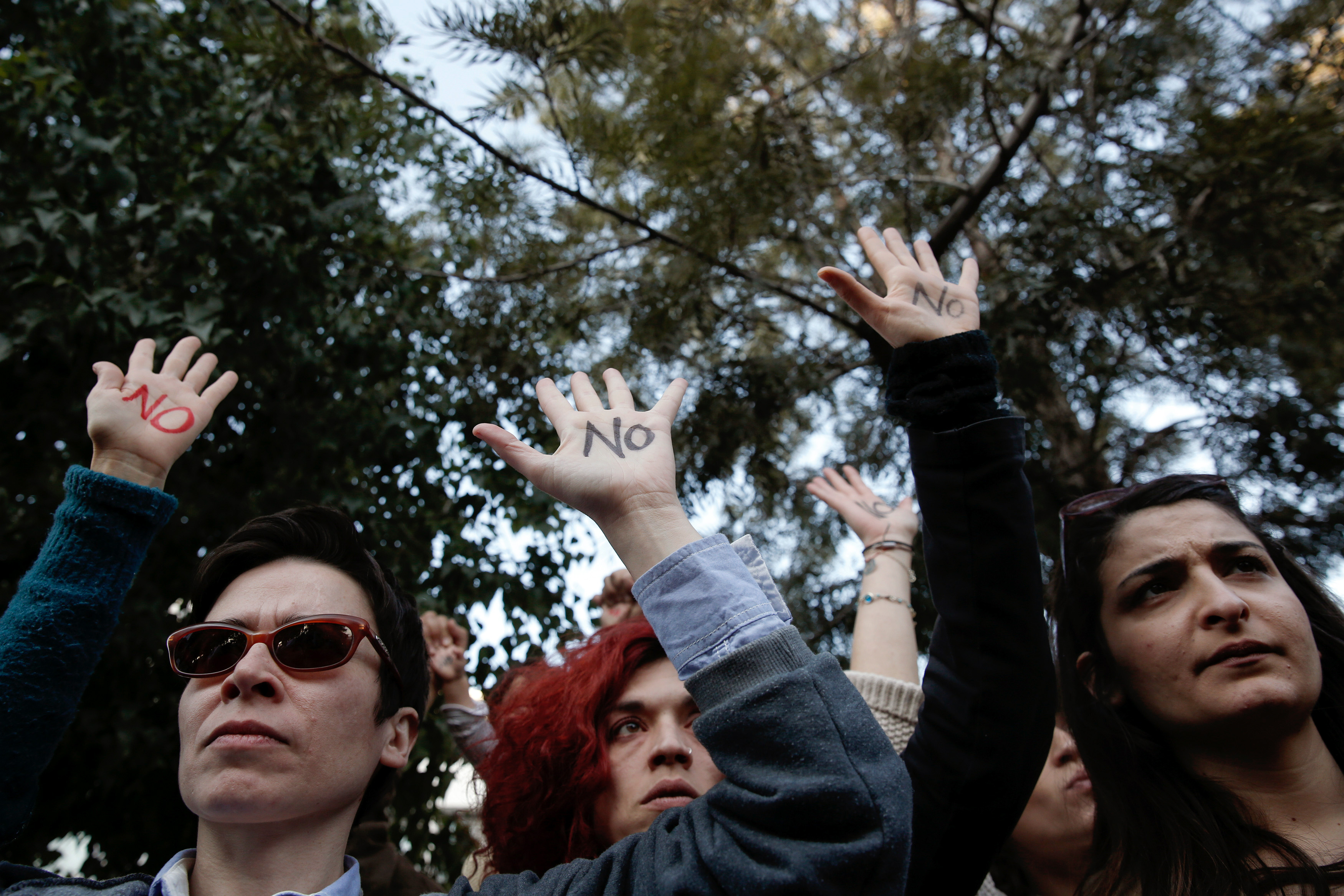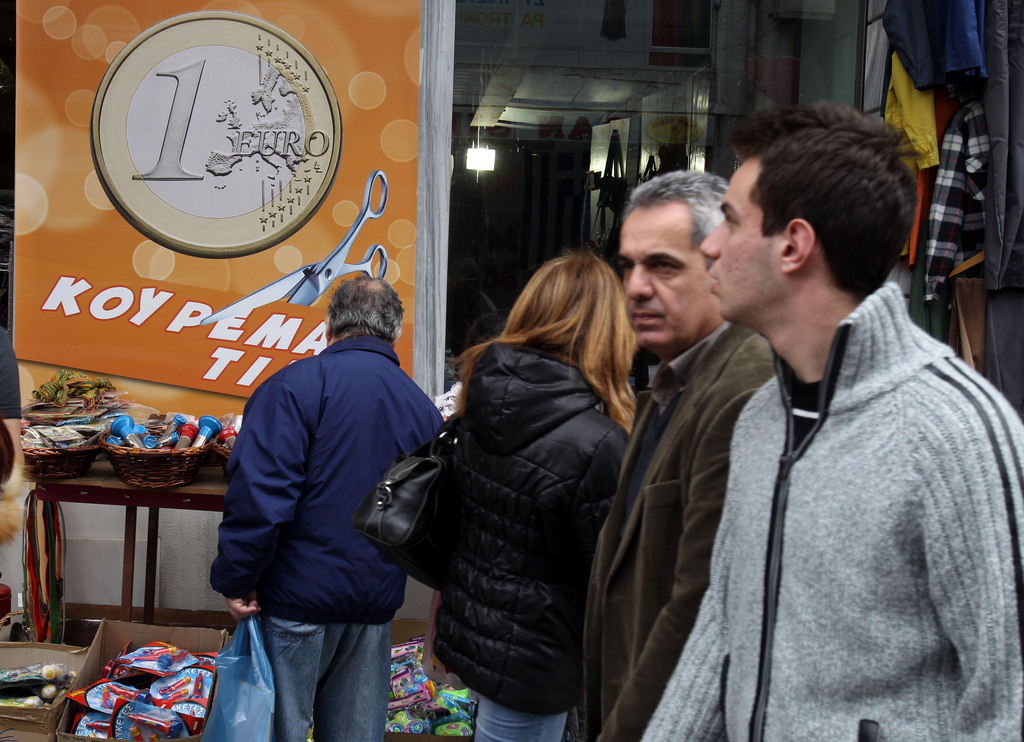Cypriot rejection raises pressure on franc

Uncertainty over an EU bailout of Cyprus could force the Swiss National Bank (SNB) to pump more money into stabilising the franc-euro exchange rate, say observers, especially after a controversial tax on bank savings deposits was rejected.
Cyprus needs to raise €5.8 billion (CHF7 billion) in order to secure a €10 billion bailout from the European Union. The controversial bank savings tax, voted down by Cypriot parliament on Tuesday, was part of a larger bailout package intended to raise those funds. It’s now likely Cyprus and the EU will go back to the negotiating table, together with representatives from the International Monetary Fund.
The Cypriot crisis is the latest in a long line of emergencies to hit eurozone countries – all of which have weakened the euro, sparking SNB intervention in the currency markets. This time will be no different according to Felix Brill, chief economist at Swiss consultancy firm Wellershof & Partners.
“Investors around the world will perceive the situation in Europe as being less stable,” Brill told swissinfo.ch. “This could increase pressure on the SNB to intervene on a scale not seen since the markets calmed last September.”
That would mean printing more francs to buy euro bonds and other instruments to keep the exchange rate under control.
Balance sheet concerns
The central bank’s already massive exposure to foreign currencies has worried some observers.
On Monday, the International Monetary Fund (IMF) expressed concerns about the inflated size of the SNB’s balance sheet.
“This exposes the bank’s net revenue to large fluctuations, and sizable losses could occur if an appreciation of the Swiss franc was to take place before foreign exchange interventions were unwound,” the IMF stated.
In other words, the SNB has staked massive amounts of money in keeping the CHF1.20 exchange rate cap against the euro. If the markets move the wrong way, too fast, then the Swiss central bank could be facing a huge bill.
Last year, the SNB lost CHF10 .6 billion ($11.2 billion) due to its exchange rate positions. The more money the central bank has to commit to the foreign exchange markets, the greater the risk of losses.
The IMF on Monday suggested that Switzerland impose negative interest rates on foreign assets arriving in Switzerland looking for a safe haven. Some Swiss banks, including UBS and Credit Suisse, have already started to introduce such measures to deter large-scale inflows.
Exodus to Switzerland?
Like Switzerland, Cyprus is considered a tax haven. Its banks are currently stuffed full of foreign assets, including an estimated $31 billion of Russian money, according to the ratings agency Moody’s.
Some of those assets may now be seeking an alternative haven following the uncertainty in Cyprus. But observers do not believe that Switzerland will witness the same scale of inflows sparked by the Greek bailout last year.
One reason is the smaller size of the Cypriot economy and another is that Cyprus has a reputation for welcoming illicit assets from tax evasion and money laundering.
“Switzerland has recently adopted severe standards against undeclared money,” Julius Baer bank chief economist Janwillem Acket told swissinfo.ch. “I cannot see a real surge of Russian funds entering Switzerland as a result of the Cyprus issue.”
Possible consequences
Acket believes Cyprus should have accepted the “bitter pill” of the EU bailout conditions, including the bank savings tax. He fears the failure to do so could have major consequences in the coming days and weeks.
“There could be a significant run on Cypriot banks,” he told swissinfo.ch. “Liquidity would run out very quickly which would have very serious consequences for banks.”
Therefore, it’s likely the SNB’s money printing presses will be running red hot to stave off unpleasant consequences for the franc.

In compliance with the JTI standards
More: SWI swissinfo.ch certified by the Journalism Trust Initiative


You can find an overview of ongoing debates with our journalists here. Please join us!
If you want to start a conversation about a topic raised in this article or want to report factual errors, email us at english@swissinfo.ch.